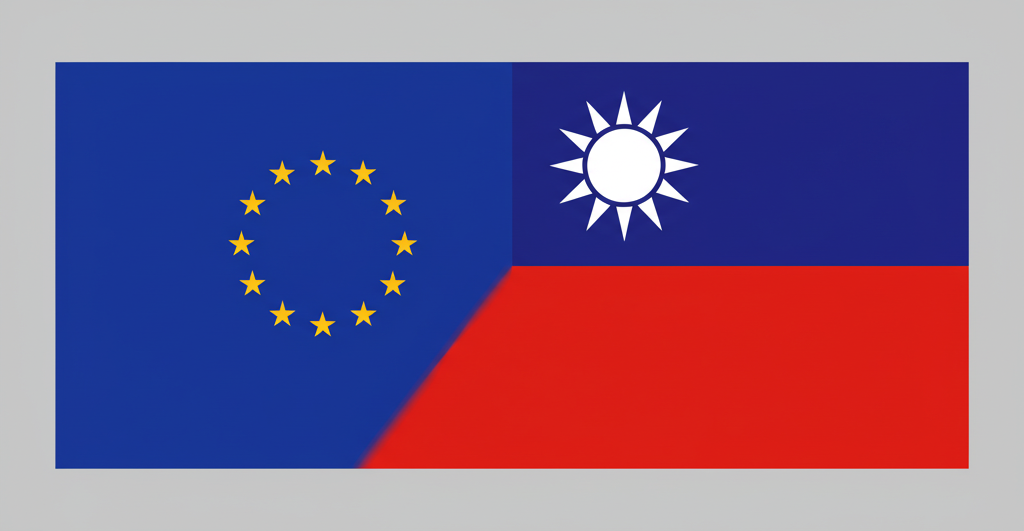Strengthening Deterrence: A Call for the EU to Address Potential Challenges in the Taiwan Strait
Former NATO Leader Urges Proactive Measures and Increased Defense Spending in Light of Global Security Concerns

Recent discussions have highlighted the need for the European Union to clearly outline the repercussions China would face should it attempt to alter the existing balance in the Taiwan Strait by force. This perspective, articulated by a former leader of the North Atlantic Treaty Organization (NATO), underscores the significant role the EU can play in deterring such actions.
The former NATO leader emphasized the importance of leveraging the strong trade relations between European nations and China. By indicating the potential disruption of these ties, the EU can communicate the severe economic consequences that could result from any aggressive actions. This proactive approach aims to prevent miscalculations and ensure China is fully aware of the potential ramifications.
Furthermore, the importance of Taiwan's own defense capabilities was underscored. Demonstrating a strong commitment to self-defense is critical. This includes significant investments in military spending. This commitment sends a strong signal to the international community that the region is ready to defend itself against possible threats.
Expanding on the theme of global security, the former leader also advocated for increased defense spending among NATO members, advocating a commitment to allocate 4% of their GDP to defense. While recognizing the desirability of allocating resources to social programs, the importance of safeguarding society takes precedence. Investing in defense is considered a crucial investment to protect societal values and infrastructure.
The need for self-reliance in defense was highlighted, cautioning against over-reliance on external support. The necessity for a unified approach to address global security challenges was emphasized, particularly in the context of evolving international dynamics.
The information from NATO indicates that most members are committing 2 percent of their GDP to defense spending and there are a few NATO members who have reached the recommended 4%.
